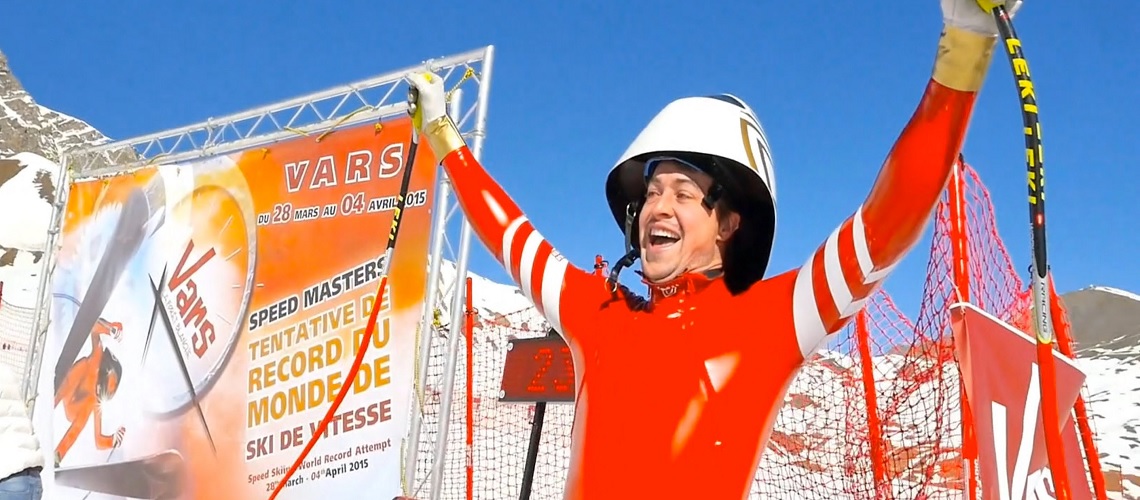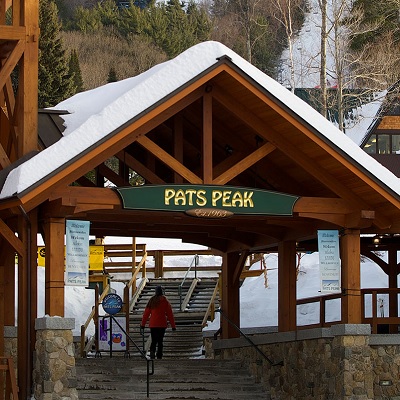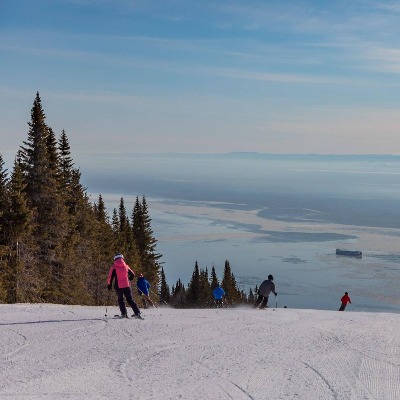FIS Speed Ski Season Kicks Off With GB Athlete Jan Farrell Ready To Aim For The Top

During the 2016 season, Great Britain’s fastest skier and in the world's top 10, Jan Farrell, had a serious crash at 216 kph, which visibly affected his results. Unconsciously his body started to adopt the wrong position during competitions – but he thought it was a problem he could solve himself.
Jan spent a season coaching himself using a variety of methods, but his results in competition were far from expected. He was still afraid at the start and he was not attacking the slope with the same energy as before his crash. Farrell decided to team up with sports psychologist Ricardo de la Vega, known for his work with top La Liga football teams, Spanish Special Forces and Olympic athletes.
Farrell said: “A lot has happened in the last nine months to improve my performance. Jonathan & Fletcher in France have built a prototype suit with many improvements. Atomic have made changes to the 2020 speed skis and they are looking very fast. Starting in Vars, which is by far the fastest and most dangerous race, is very psychological: it’s what I’ve been preparing for with Ricardo. I’m excited to test myself out this weekend by pushing myself to the limit of my abilities. I’ll never forget my crash at 216kph back in 2016, I always remember it at the start of every race.
“The public view of athletes as superheroes can lead to idealising some of us, sometimes even considering us as some different species of human being. This is a huge mistake: we are completely normal people, with our problems, insecurities and challenges with the reality of every day life. In my case, the main motivation was initially to overcome the trauma of my crash at 216kph. After that, I saw a huge opportunity to increase performance and improving me as a person through Ricardo’s techniques; learning a huge amount about myself along the way. I have improved my focus, concentration and performance in almost every aspect of my life.”
Ricardo de la Vega explains the difference between fear and anxiety: “The response to fear is processed by the nervous system that is activated in an especially intense way when we face a context of threat. As a consequence, two basic hormones are activated: adrenaline and cortisol. This makes us feel tenser, much more alert, and defensive. You ask yourself: I fight and I will survive; or I run away and escape. Elite athletes like Jan Farrell are common people who also have fears, insecurities and worries. What makes them exceptional is not their lack of fear, but their determination and discipline; In addition to having skills that they exercise daily. The mind, like the body, trains. After all, body impulses are controlled by the brain”.
Farrell starts his FIS Speed Skiing season on January 31 in Vars, France.
Full 2020 calendar:
Vars, France – 2 x World Cup races, 31 January - 2 February
Salla, Finland – FIS night race and 2 x World Cup races, 11-14 February
Idre Fjäll, Sweden – 2 x World Cup races, 5-7 March
Formigal, Spain – FIS Race and 1 x World Cup race, 13-15 March
Vars, France – World Record Attempt, approximate date: 17-30 March
Grandvalira, Andorra – 2 x World Cup, 2-4 April
Andermatt, Switzerland – 1 x FIS race, 24-26 April














